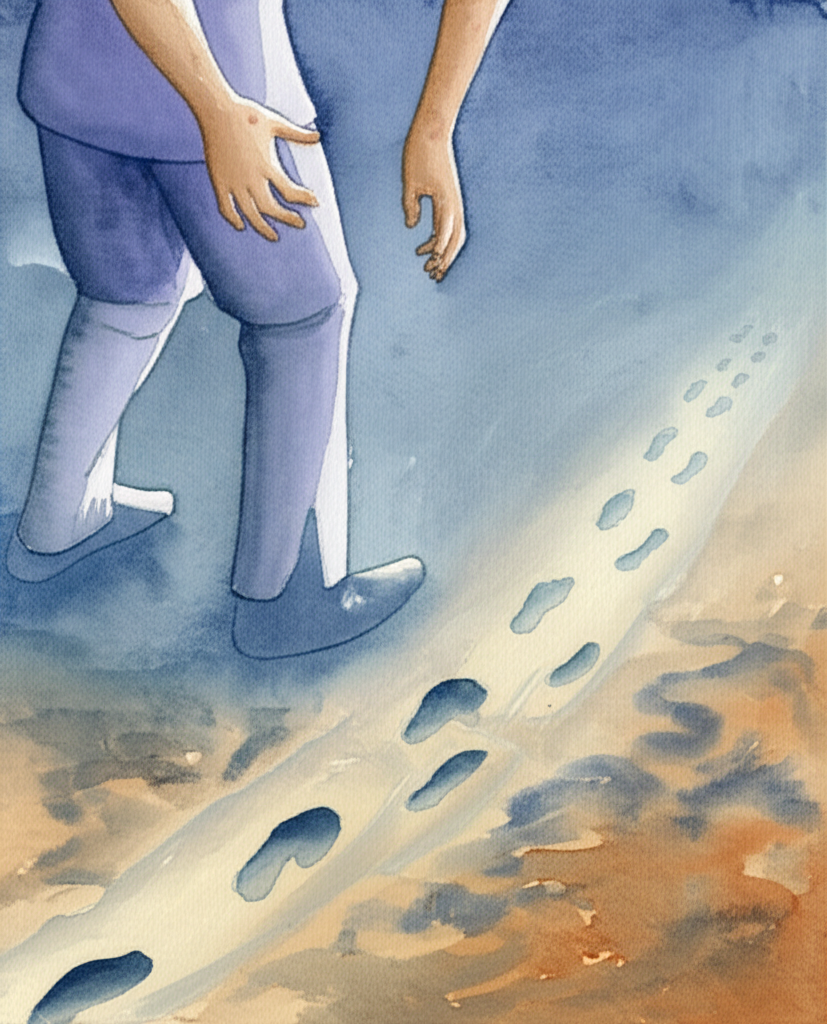
The experience is universal: a sudden, inexplicable chill courses through you, causing a shiver despite the ambient temperature. Often, the immediate reaction is to declare, perhaps jokingly, that “someone just stepped on my grave.” While modern usage is typically lighthearted, the origin of this phrase is rooted in a far more serious and fatalistic belief.
The earliest documented appearance of this superstition dates back to at least 1738, when it appeared in print in Simon Wagstaff’s A Complete Collection of Genteel and Ingenious Conversation. Simon Wagstaff, one of the many pseudonyms of satirist Jonathan Swift, captured the saying as a common expression of the time. The core belief underpinning the phrase stemmed from the idea that each individual’s future grave site was predetermined. Consequently, if a living person inadvertently walked across the precise location where that grave would eventually be, the individual whose future resting place was disturbed would experience a sudden, deathly chill and shiver.
This superstition’s prevalence was intricately linked to the prevailing worldview of the Middle Ages, characterized by a strong acceptance of fate and destiny. It wasn’t until the Renaissance and the rise of individualism that people began to embrace the notion of agency in shaping their own lives, influencing their destinies, and altering the circumstances of their deaths. In contrast, during the Middle Ages, a widespread belief held that life paths were divinely ordained, with God predetermining one’s final resting place. Complementing this was the belief that the boundary between the living world and the afterlife was thin and permeable, facilitating the movement of spirits and prophetic sensations between the two realms.
Over time, the expression and its associated beliefs traveled to new lands, notably establishing itself within the legend-rich culture of the Appalachian Mountain region in America. As the superstition spread, variations began to emerge, reflecting local customs and environments. By the turn of the twentieth century, a Welsh variant suggested that the shiver was triggered by a donkey walking over the grave site, while in Newfoundland, the responsible party was identified as a goose. The Newfoundland version offers an example of a type of folk etymology: the shiver induced goose bumps, or gooseflesh, so, over time, a goose gradually replaced a person in the saying. This substitution then led to later linguistic curiosity, prompting the question of which came first – the goose or the gooseflesh?
Today, the saying “someone just stepped on my grave” is rarely taken literally. It serves as a lighthearted acknowledgment of a sudden, unexplained chill, divorced from its original, somber connotations of predetermined fate and ghostly disturbance. While the fear of a predetermined death and the porous boundary between the living and the dead have largely faded, the enduring phrase remains as a cultural echo of a bygone era, a reminder of a time when the unseen world held greater sway over daily life.